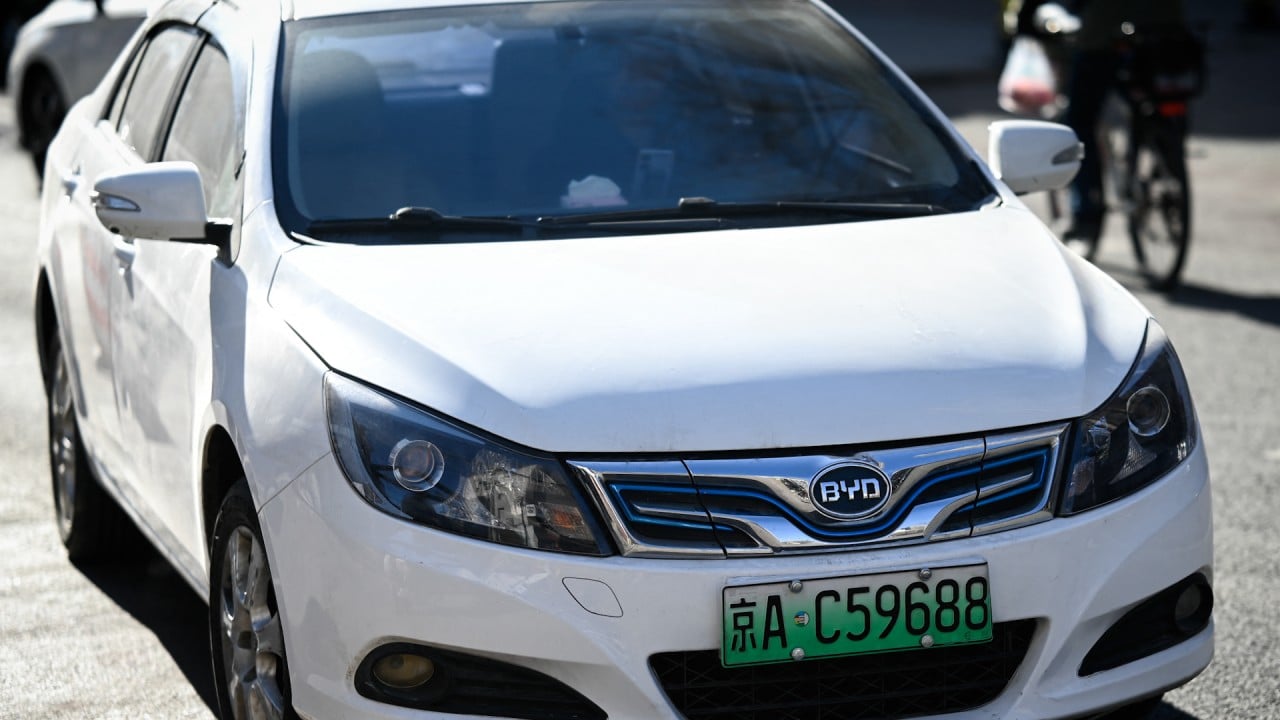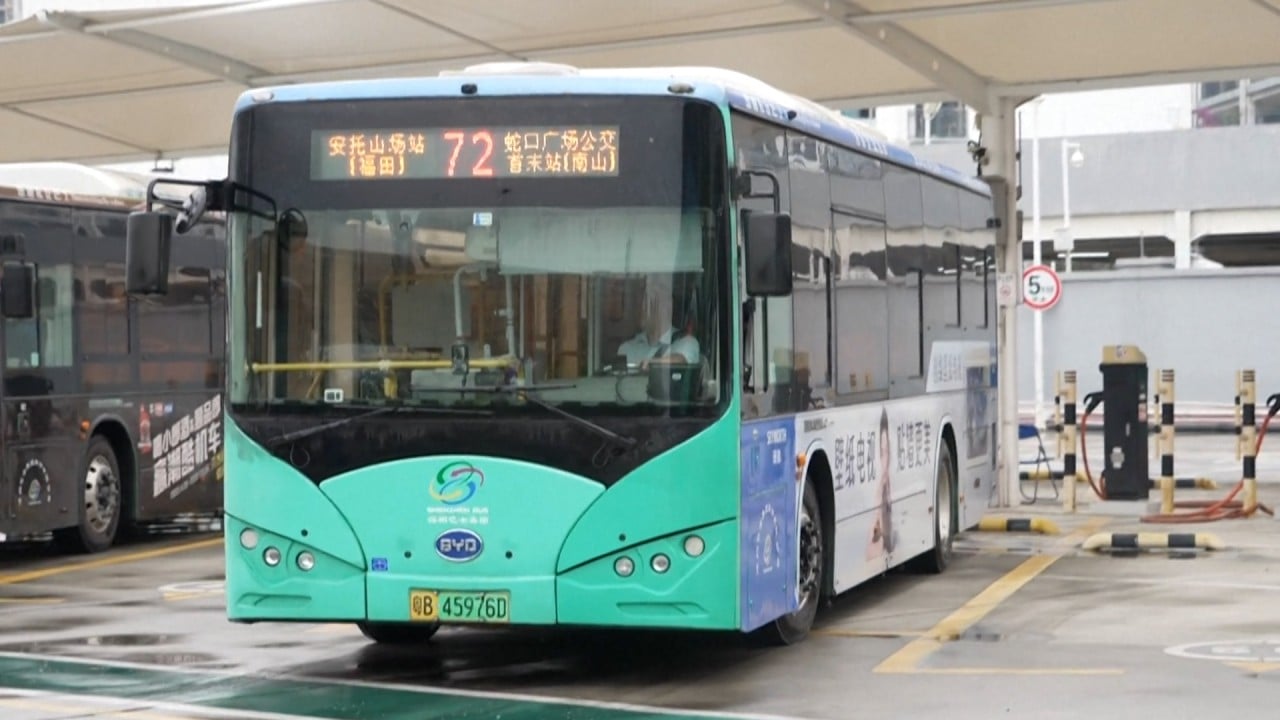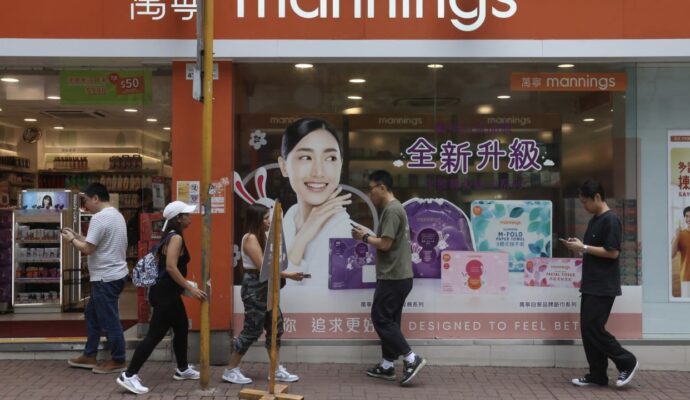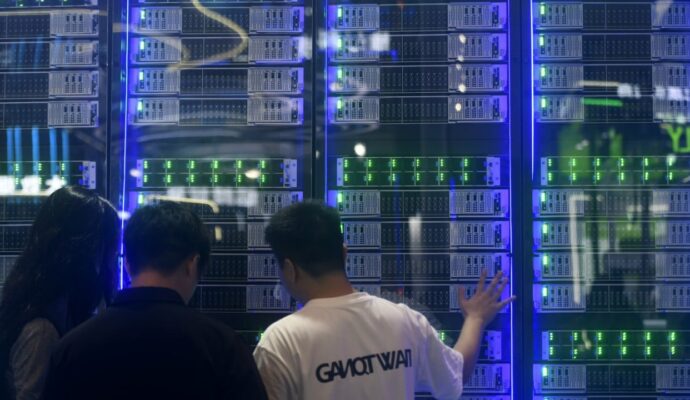To guard against potential trade restrictions, maintain its status as the world’s top car exporter and transform the sector into a sustainable growth driver, China has laid out plans to widen its footprint in global electric vehicle (EV) development.
Heightened international cooperation, increasing the country’s say in standard-setting and measures to help home-grown manufacturers cope with looming export barriers are among the 18 planks listed in a document issued on Wednesday by nine state agencies, led by the National Development and Reform Commission and the Ministry of Commerce.
As companies are betting on overseas markets to sustain the EV boom, interventions from those markets’ governments could drop roadblocks on the path to dominance.
The new document encourages cooperation to counter these curbs, as well as protect exports. “Set up R&D centres overseas,” it said, “[and] establish strategic collaboration with foreign research institutions and industrial clusters through talent training and exchange to better help China’s EV sector to integrate.”
Exports are key for the EV industry to continue to flourish … Beijing is moving to defend its advantage
A researcher with Fudan University’s Institute of International Studies said China is anxious not to let the US and EU slam the door on EV exports and curb the country’s major growth industry.
“After all, EV is one of the very few bright spots amid an unstable economic recovery. Strategically, the sector holds promises to drive growth at home and advance tech ambitions and influence globally,” said the researcher, who requested anonymity.
Qu Ke, an analyst with CCB International in Hong Kong, said exports are essential to the sector’s growth.
“Exports are key for the EV industry to continue to flourish, to offset the economic drag from property sector distress and the export drag from the exodus of other production chains. Beijing is moving to defend its EV export advantage,” Qu said.
As an example, Qu said EV makers could pivot to the Middle East while localising production in Europe to reduce policy risks.
Along with cooperation, compliance and standard-setting are other priorities set out by the agencies.
Beijing seeks to promote the internationalisation of standards and specifications, including for batteries and charging facilities, and step up bilateral and multilateral recognition.
Joint efforts from ministries related to commerce, industrial production and foreign affairs were also encouraged. Those authorities, the document said, must track overseas market access, data and intellectual property laws to compile country-specific guidelines, as well as train manufacturers and exporters to fend off risks.
The agencies also stressed making use of World Trade Organization platforms and resolution mechanisms to create a “transparent and predictable environment” and safeguard global EV supply chains.




